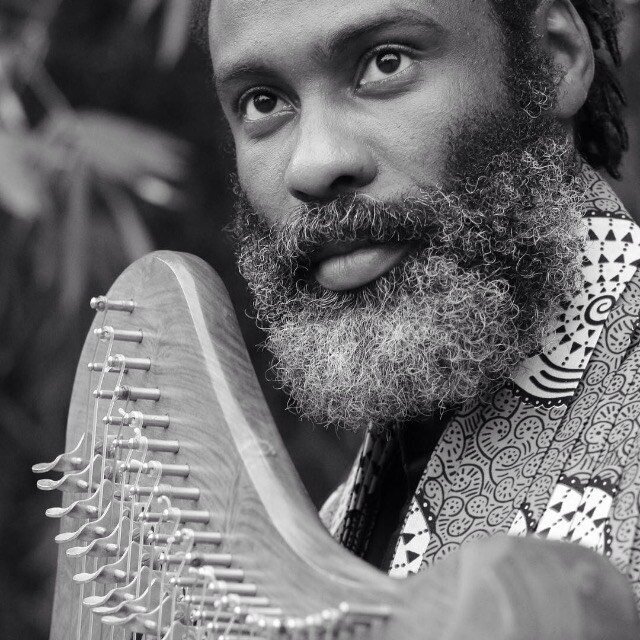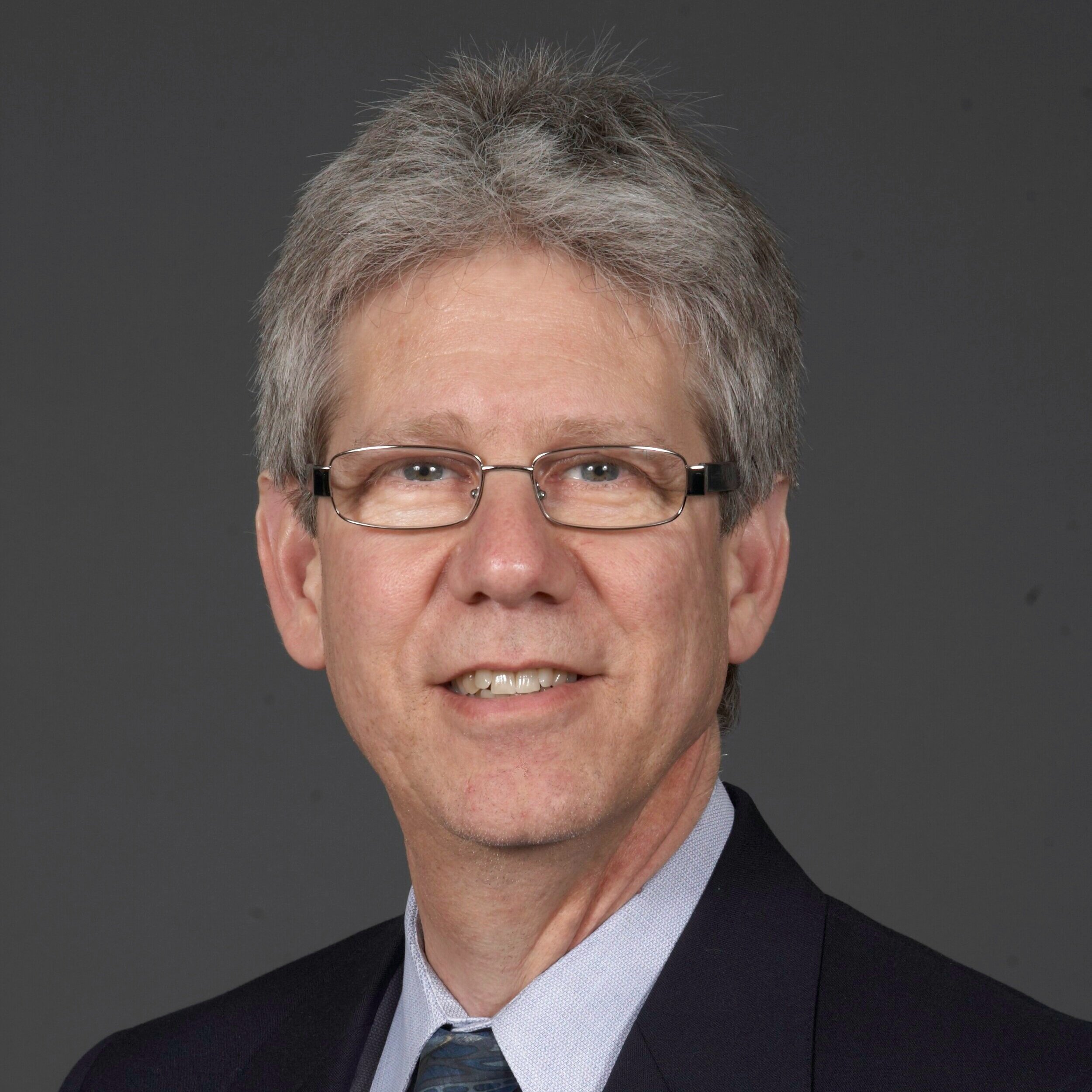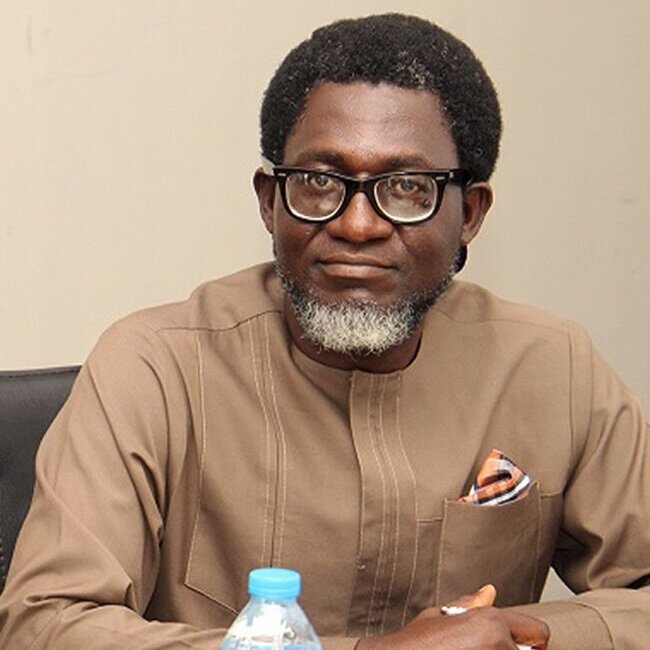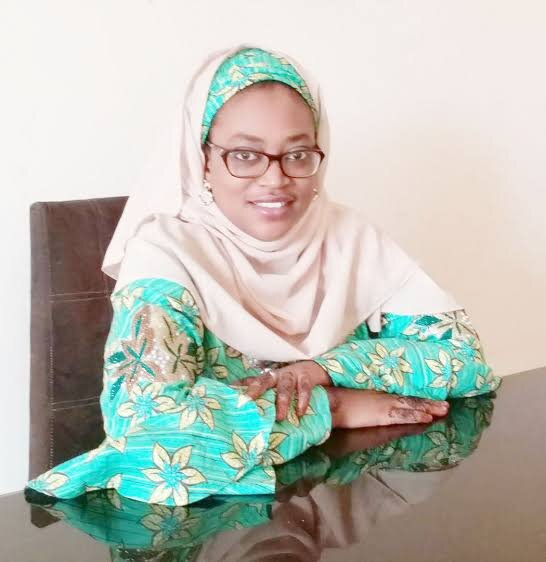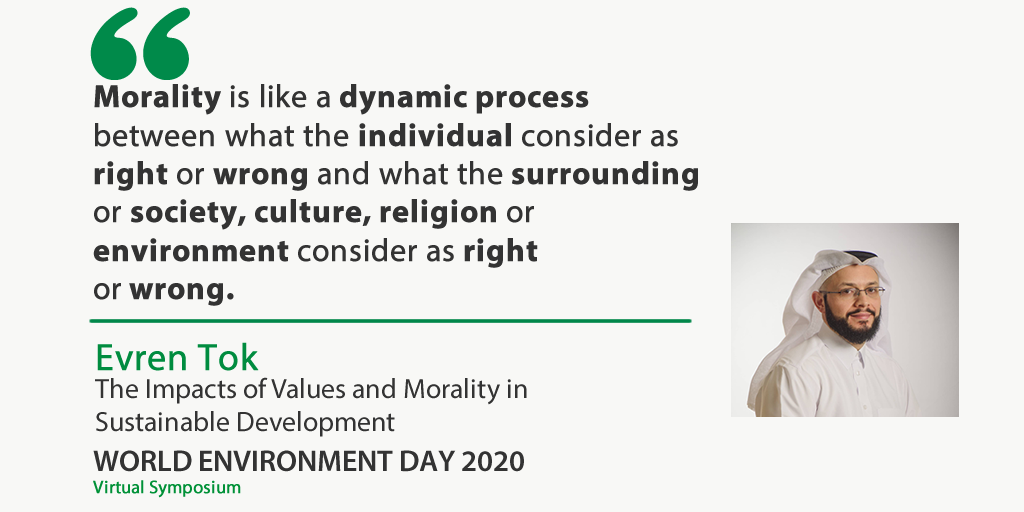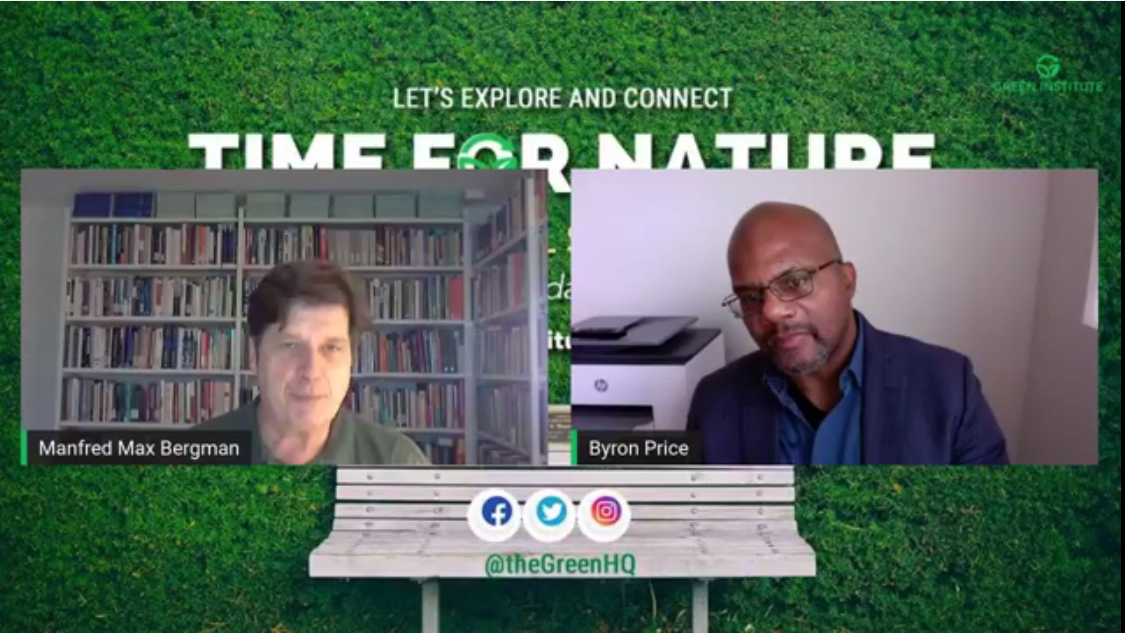Q & A (SELECTED)
Jason Mcsparren: Today, we celebrate World Environment Day 2020. And in doing so, we recognize the wealth of natural resources provided by our planet. These natural resources are consumed across the global society. These natural resources are often referred to as ‘the commons’ because they are shared resources that are not regulated by law. Specifically, we consider the ‘commons’ to be resources such as the atmosphere, our oceans, rivers, the fish stocks and animal stocks we eat, among many others. In 1968, Garrett Hardin wrote an essay explaining the ‘Tragedy of Commons’ phenomena. Could you elaborate on this concept and give examples of cases?
Adenike Akinsemolu: Conceptually, the Tragedy of Commons describes a situation where individual users of a resource act independently out of self-interest. This behavior contradicts that of common good users since it depletes and spoils that resource. Examples of Tragedy of the Commons are mining in South Africa,Artisinal Mining in Ghana. Overgrazing among the Maasai of Kenya and the Fulani Pastoralists in Nigeria.
About fifty years ago, the Fulani pastoralists who are nomadic herders had long lived in relative harmony with sedentary agriculturalists before the recurring droughts within arid and semi-arid land regions. The droughts have resulted in desertification, which minimizes the arable land for farmers and cattle to graze. As a result, the Fulani have migrated to the Guinea savanna and tropical areas leading to competition with other farmers. So, cattle grazing on farmlands sometimes occurs while managing the herd and driving cattle, leading to the destruction of crops and becoming a source of conflict, ultimately limiting to loss of biodiversity. Overgrazing has been one of the contributing factors to the overuse of available resources, alongside farming and climate change.
Taking Nigeria as an example, Nigeria's implementation of the land use act of 1978 allowed the state or federal government to assign and lease land and gave indigenes the right to apply and be given a certificate of occupancy to claim ownership of their ancestral lands. This placed the pastoral Fulani in an awkward position because most did not apply for lands of occupancy of their grazing routes, and recurring transhumance movement led to encroachment on the properties of others. The Nigeria government designed some areas as grazing routes, but this has not reduced clashes.
From 1996 to 2006, about 121 people lost their lives in Bauchi, and Gombe states Nigeria as a result of conflicts between pastoralists and farmers. Thousands of people have been killed since 2016 in clashes between farmers and semi-nomadic herders. About 24 hours ago, Sahara reporters confirmed that suspected Fulani herdsmen had invaded the Tudun Doka community under the Kajuru Local Government Area of Kaduna State, killing dozens of persons in the process, mostly women and children who were hacked to death with machetes by the attackers.
The Maasai used to live harmoniously with nature by cherishing Enkai, a higher spirit. Enkai would bring about life within the savannah and ensure that grass sprouted again for the livestock to feed after the dry seasons. Today, however, many of their stories and wisdom have disappeared and been overtaken by the desire to fit in and adapt to modern life. Overpopulation of the Maasai has made land sparse, while hunger has also become more frequent. The lack of knowledge over resource conservation has contributed to overgrazing that harms water resources and the land and has partly contributed to the destruction of the wilderness.
A report by World Wildlife Fund in 2016 highlights that people are using more natural resources than the planet can produce and this ultimately would lead to biodiversity loss.Certain flora and fauna are becoming scarce resources and could become extinct unless we intervene and change our behavior. The examples of the Tragedy of Common, such as the mining in South Africa and Ghana, have contributed significantly to the contamination of soil and water bodies through the release of heavy metals such as lead into our water bodies, soil erosion,loss of biodiversity, land degradation, deforestation, and diverted waterways.
These have several deleterious effects for the ecosystem as well as the environment on which humans, plants, and animals and of course the microorganism tribes, they depend on this.And this is where the concept of Going Green could be propitious.
So in the chapter one of my book, I talked about The five principles of Green are Reduction of pollution, conservation of resources, conservation of energy, reduction of waste, and protection of the ecological balance of the Earth. These principles, if applied judiciously/sagaciously/astutely, is crucial for avoiding Tragedy of the Commons.
Jason Mcsparren: Finding solutions that address problems related to the ‘tragedy of the commons’ and the transition to renewable energy generation is a multistakeholder endeavor. The state must work with business firms and civil society organizations to develop sustainable solutions. From your perspective, what sustainability capacities need to be prioritized and strengthened to improve governance and promote sustainable political economy. What should be done by communities, their leaders, and coalition agencies?
Adenike Akinsemolu: The government is understandably focusing on the present crisis, but they must heed the dangers in reacting to threats and remember one of the gravest in the world is climate emergency not just COVID-19. Implementing an ambitious ‘green’ package, with clear pathways for businesses and organizations to build aligned strategies and for investors to direct capital into ‘green’ projects at scale is now matter of necessity and no longer a matter of choice."
A government can also promote the utilization of best practices include recycling of e- equipment, the development of complex systems for renewable energy development, reduction of toxic contaminants in the use of materials, and encouraging the use of certain fuels other than hydrocarbons. Rwanda in Africa is among the countries that developed measures to ensure that eco-friendly practices are embedded in government activities.
As a country, they support private and public environmental projects. Rwanda's Green Fund (FONERWA), the largest of its kind in Africa, is a ground-breaking investment fund focused on environment and climate change. Essentially, it supports public and private projects that champion a green economy and have the potential for transformative change. So, I think we can learn from Rwanda. So far, it has committed investments of just under $40 million to 35 projects, created more than 137,500 green jobs and has reduced the equivalent of 18,500 tonnes of carbon dioxide emissions - and that’s just since 2012.
It is possible to live without single use plastic bags. A decade ago, Rwanda imposed an outright ban on all single use plastic bags. Not only can you not use them, travellers are not allowed to bring them into the country. In fact, it’s illegal to import, produce, use or sell them at all. Considering the UK only implemented a plastic bag charge in 2015, I found this pretty inspiring. Rather than using plastic carrier bags, businesses use paper alternatives and a few times while shopping I was handed my newly purchased items in reusable woven carrier bags. By doing this, water pollution, soil erosion and animal deaths have all seen a reduction, the most noticeable benefit was how clean the country is - not a roadside rubbish heap or plastic bag hanging from a tree branch in sight.
Rwanda is working towards banning plastic entirely and that’s the goal. With a clear vision to achieve a low-carbon and climate-resilient economy by 2050, President Paul Kagame has a firm stance on sustainability. Everyone I encountered on my trip highly praised Kagame and the country’s efforts towards maintaining a clean and healthy environment. What’s more, the Government hopes to build on the already present plastic bag ban and prohibit plastic bottles, straws and cutlery. The aim is to become the world's first plastic-free nation.
The government is really big on advancing sustainability. In building a sustainable economy, the roles of the government entail funding basic science that is required for renewable energy and technology, using the tax system for steering capital towards investment in sustainable technologies and businesses, investing in sustainable infrastructure, and minimization of ecosystem destruction. The government also has a role to play in implementing Climate Action. Community leaders need to come up with a Climate Action Network meetings open to everyone in the community. Everyone able to suggest and conduct project ideas and initiatives that can address climate change. Everyone needs to be able to start action at home and the local level and this would form cohesion in the process and build Confidence in the group’s vision. There is a quote that says “One is too small a number to achieve greatness”. Using the Green Institute which is located in one of the rural area of Nigeria and the program you are seeing right now is being broadcasted from this community, so it’s the willingness of the people to act, inspire change or greatness to everyone. A lot of programs we do at the Green Institute is not funded, it just takes passion and willingness for us to know that nature is something that we don’t joke with because we can’t exist without nature. Taking away the government roles. Individuals have a lot of roles to play in their various community.


